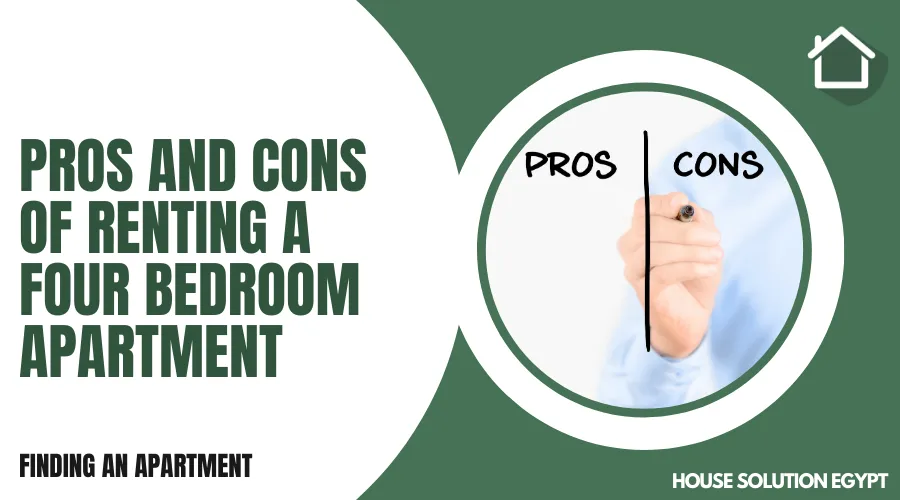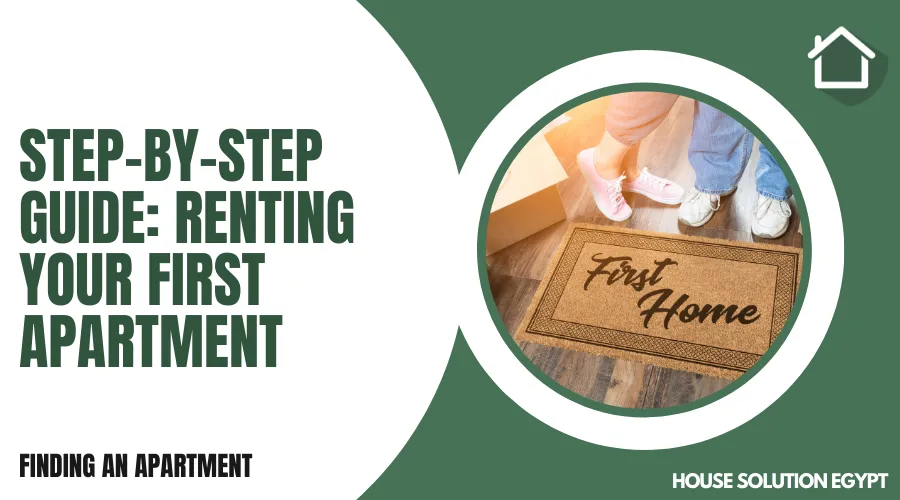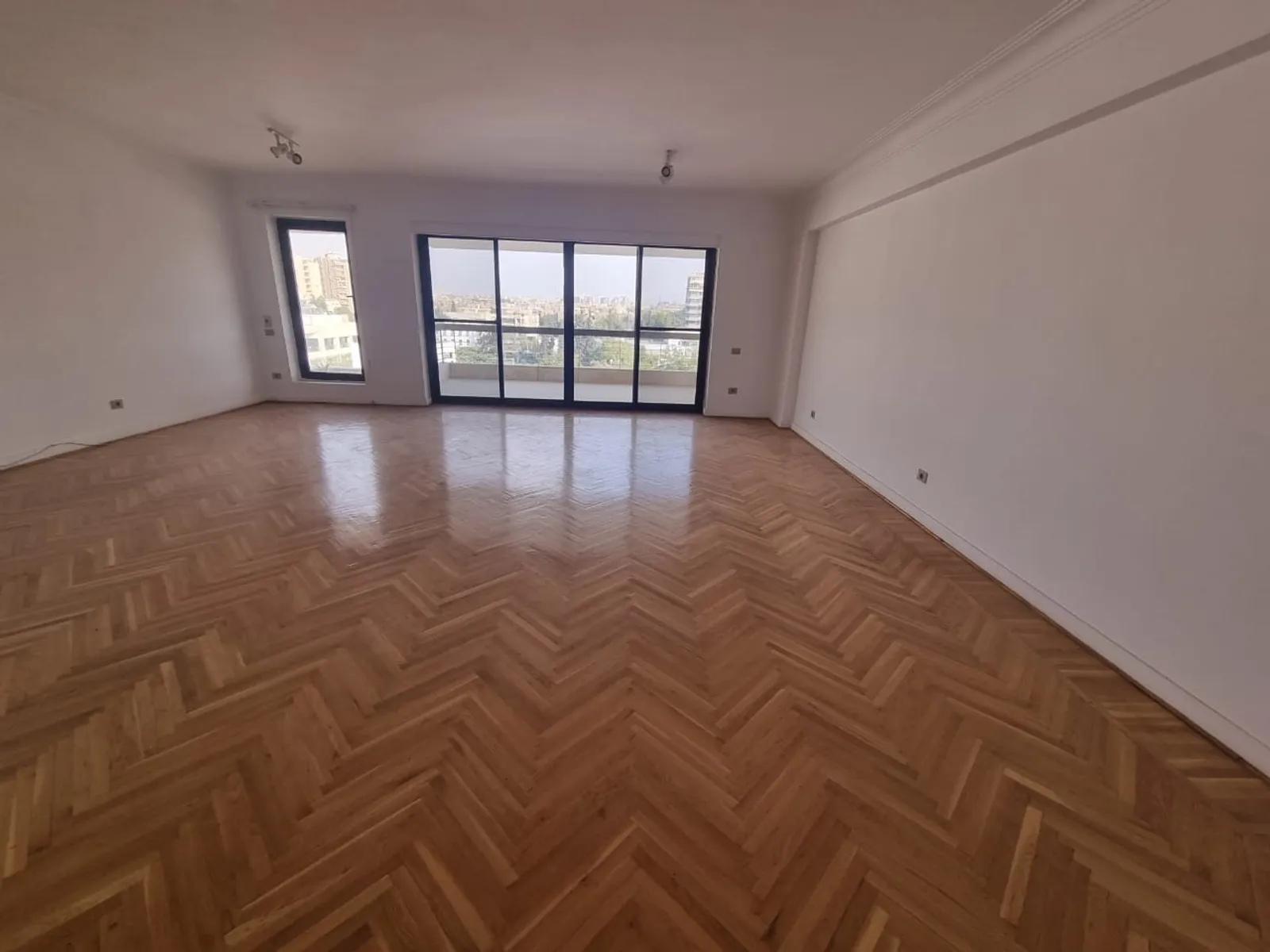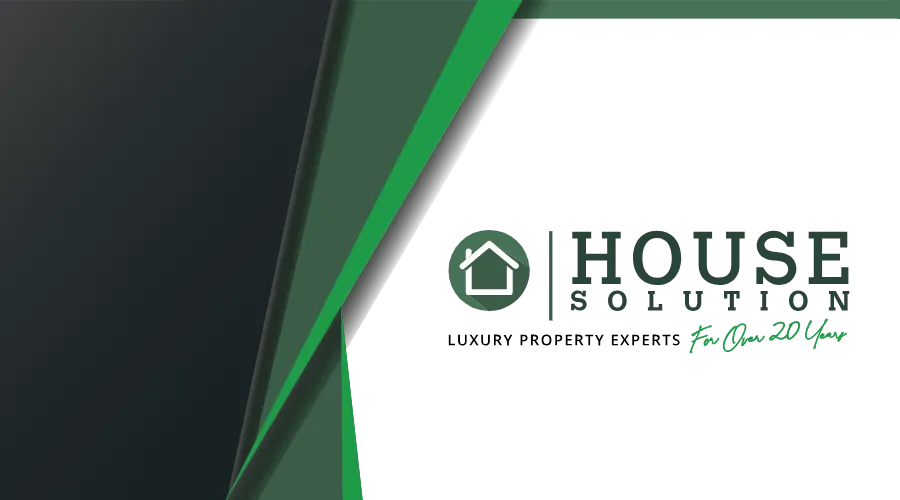WHAT HIDDEN EXPENSES COME WITH RENTING AN APARTMENT?
Finding an Apartment|4.3 MIN READ|Updated on: 07 October 2023|Written by: Marwa Samir
While renting an apartment may seem like a straightforward process, there are often hidden expenses that tenants may not consider. One such expense is the cost of utilities, which can vary depending on the size of the apartment and usage habits. Tenants should inquire about typical utility costs for the unit they are considering and factor those into their monthly budget.
Another potential hidden expense is parking fees. If the apartment complex does not offer free parking or if street parking is limited, tenants may need to pay for a spot in a nearby garage or lot. Additionally, some apartments charge application fees or require tenants to purchase renter's insurance, so it's important to read the lease agreement carefully before signing.
There may be unexpected maintenance costs that arise during a tenant's stay in an apartment. While landlords are responsible for most repairs and upkeep, tenants should be aware of any potential charges they could incur if damages occur due to negligence or misuse of property. By doing their due diligence and accounting for potential hidden expenses upfront, renters can avoid financial surprises down the line.
Security Deposit
One hidden expense that comes with renting an apartment is the security deposit. A security deposit is a payment made by the tenant to the landlord at the beginning of their lease agreement. This payment serves as protection for the landlord in case any damage occurs during the tenancy or if rent is unpaid when it's due.
The amount of the security deposit varies depending on various factors such as location, rental value, and property type. The typical amount ranges from one to two months' worth of rent. It's important to read your lease agreement carefully to understand your rights and responsibilities regarding your security deposit.
At the end of your lease, you're entitled to get back your security deposit minus any deductions for damages caused during occupancy or unpaid personal consumption bills. To avoid losing part or all of your security deposit, ensure that you keep good care of the rental property during occupancy and fulfill all rental obligations throughout your tenancy period.
Utilities & Services
One of the most significant expenses that come with renting an apartment is utilities. Utilities refer to essential services such as water, gas, and electricity that renters need for daily living. While some apartments may include these services in their rental fees, others require tenants to pay separately for them. As a result, renters should always inquire about the costs of utilities before signing a lease agreement.
Apart from utilities, there are other hidden expenses associated with renting an apartment. For instance, property managers may charge tenants extra fees for amenities such as parking spaces, laundry services or storage units. Additionally, landlords may increase rent prices annually without informing tenants beforehand. Therefore it is recommended that renters conduct thorough research on the total costs of renting an apartment before committing to a lease agreement.
When looking for an apartment to rent out , it's important to be aware of all the possible hidden expenses involved in order to avoid any unexpected financial burdens down the road. Renters should ask their agent or landlord about any additional charges besides rent and utility bills so they can accurately budget and plan their finances accordingly while still enjoying comfortable living arrangements.
Furniture & Appliances
When you rent an apartment, it's important to factor in all the potential hidden expenses that may come with it. One of these expenses is furniture and appliances. If your apartment doesn't come furnished, you'll need to purchase or rent furniture for every room in your home. This can be a significant expense, especially if you opt for higher-end pieces.
Another consideration is appliances. Most apartments come equipped with major appliances like a refrigerator and stove, but others may not have a washer/dryer or dishwasher. You'll need to decide if it's worth investing in these items yourself or if you can live without them.
When shopping for furniture and appliances, don't forget about delivery fees and installation costs. These fees can add up quickly and significantly impact your overall budget. Be sure to research each item thoroughly before making any purchases so that you're aware of all the associated costs upfront.
Maintenance Fees
One of the most significant hidden expenses that come with renting an apartment is maintenance fees. Property owners charge these fees to cover the cost of maintaining buildings, including cleaning common areas, repairing elevators, and ensuring apartments are in good condition. The amount of maintenance fee varies from property to property and can range from a few hundred dollars to several thousand dollars annually.
Maintenance fees can be a significant financial burden for renters who may already be struggling to make ends meet. Unfortunately, failing to pay these fees can result in late payment penalties or even eviction. As such, it's essential that renters take time to understand the maintenance fee structure at their chosen property and budget accordingly.
In some cases, renters may be able to negotiate lower maintenance fees by demonstrating excellent rental history or agreeing to sign longer leases. Alternatively, they may find properties that offer all-inclusive rent packages that bundle utilities and other expenses into one monthly payment. Regardless of the approach taken, it's critical that renters account for all hidden costs before signing a lease agreement.
Brokerage Fees
When renting an apartment, there are a variety of hidden expenses that must be taken into account. One of these is brokerage fees, which can vary depending on the location and size of the apartment. These fees are typically charged by real estate brokers for finding and showing potential tenants apartments that meet their needs.
In some areas, such as New York City, broker fees can be as high as 15% of the annual rent. This can result in thousands of dollars in additional costs for renters who were not aware that they would need to pay these fees. Additionally, many brokers require upfront payment before even showing any apartments or securing a lease agreement. In Cairo, Egypt, brokerage fees may vary from 5% to 10% of the annual payment agreed upon on the rental lease agreement.
To avoid being blindsided by brokerage fees when renting an apartment, it's important to do research ahead of time and ask questions about any potential hidden costs. Renters should also consider using online resources or seeking out rental properties directly from landlords rather than going through a real estate broker to save money on these fees.
Other Expenses
In addition to the actual rent cost, there are often several hidden expenses that come with renting an apartment. One of these expenses is utilities, such as electricity, gas, water, and internet. While some apartments may include certain utilities in the monthly rent cost, others require tenants to set up their own accounts and pay for these services separately.
Another expense that can be easily overlooked is parking. Many apartments charge extra fees for parking spaces or garages. Additionally, if street parking is limited in the area surrounding the apartment complex, tenants may have to pay for a permit to park on the street.
It's important to consider any potential maintenance or repair costs that could arise during your time as a tenant. Some landlords may cover certain repairs or issues that arise during your stay but others will require you to cover all associated costs yourself. It’s always a good idea to read your lease agreement carefully and ask any questions you may have before signing on the dotted line so you know exactly what expenses you will be responsible for during your tenancy.
Conclusion: Know the Costs of Renting
In conclusion, it is important to know the costs of renting before signing a lease. While rent may be your biggest expense, there are other hidden expenses that can quickly add up. For example, most landlords require a security deposit which can range from one to three months' rent. This deposit is designed to cover any damages you may cause during your tenancy.
In addition to the security deposit, renters should also consider utility costs such as electricity, gas, water, and internet/cable bills that are not included in their monthly rent payments. It's essential to factor these additional expenses into your budget when searching for an apartment.
Finally, many apartment complexes charge fees for parking spaces or pet deposits/rents if you have furry friends. If you're moving into an apartment with roommates or living in a building with shared amenities like laundry facilities or a gym – watch out for extra fees that could be charged on top of your monthly rent payment. By taking all of these extra rental costs into consideration ahead of time, you'll be better prepared financially and less likely to face unexpected surprises down the road.






